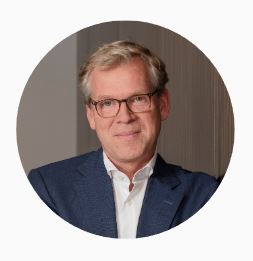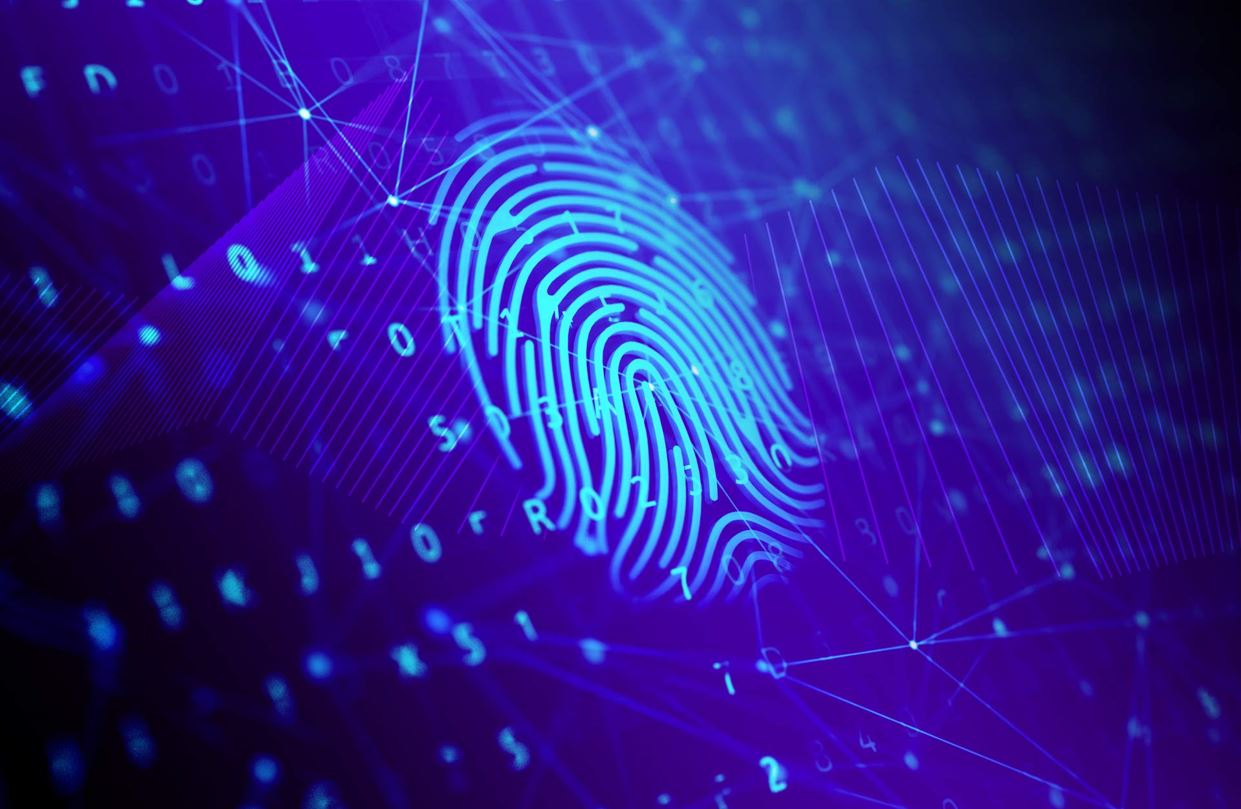ESMIG’s mission is to support its members by representing the views of Europe’s smart energy solution providers on key European policy and regulatory issues and driving a green transition that fully empowers consumers. This is only possible with the help and support of our members. A very good reason to get to know them better!
 We spoke with Hans Thijssen, Senior Vice President Europe Connectivity Services at IDEMIA, to find out more about the company and their thoughts on the role of smart energy solutions.
We spoke with Hans Thijssen, Senior Vice President Europe Connectivity Services at IDEMIA, to find out more about the company and their thoughts on the role of smart energy solutions.
What is your company’s mission?
To unlock the world. Make it safer.
Identity is at the heart of a connected world and at the center of everything we do. At IDEMIA, we believe that the more individuals feel safe and protected, the more they feel free to embrace life. That’s why we’ve made it our mission to unlock the world and make it safer for people to navigate the physical and digital worlds in total security. As a major provider of Connectivity Services, we provide mobile operators, the automotive industry, and the IoT ecosystem with essential services that enable seamless and secure connectivity. We work with over 500 mobile operators and some of the top auto manufacturers to support mobile connectivity through SIM cards and eSIM services.
What drove you to become an ESMIG member?
Being a member of ESMIG enables us to get to know our clients better and comprehend their pain points. Essentially, we want to provide best-in-class connectivity solutions to the smart metering sector that make a beneficial impact on the industry.
How does ESMIG help your company to achieve your goals and support your company’s mission?
Optimization of usage is one of the advantages of the Internet of Things for the energy sector. As part of our DNA is to provide secure connectivity to the industry, it is important to do so with the most sustainable solutions. ESMIG links members, their goods, technologies, and services to support the energy sector’s sustainable digital transformation.
What do you see as the biggest challenge and opportunity for the energy industry in Europe today?
The energy sector is facing a number of hurdles, including supply-chain issues, climate concerns, and geopolitical considerations. Large-scale investment in demand reduction and optimization-related innovation issues will be necessary to overcome these challenges. The greatest potential to alter the prevailing narrative is represented by this investment. It offers a focal point for redressing the balance with regard to global trade agreements, independence, supply chain effectiveness, and technological innovation. As an illustration: using next-generation smart chargers and smart meters, Electrical Vehicle (EV) batteries might be used to store energy that could be released back into the grid, a company, or a residence as needed.
Where do you see smart energy solution providers making a difference in addressing these challenges?
Smart grids, for example, can help integrate renewable energy sources into the grid by enabling a two-way flow of electricity and allowing for real-time monitoring and management of energy demand and supply. This can help to improve the reliability and efficiency of the grid and make it easier to incorporate renewable energy sources.
Energy storage systems, such as batteries and pumped hydro systems can also help to address challenges facing the energy industry by allowing excess renewable energy to be stored and used when it is needed, rather than being wasted. This can help to balance the grid and improve the reliability of renewable energy sources.
Finally, demand-side management technologies, such as smart appliances and building energy management systems, can help reduce energy demand by enabling consumers to manage their energy use more efficiently. This could be a data analytics solution vendor working in partnership with local DSOs and smart meter providers to offer intelligent use of consumer’s energy resources that they either store, or in some cases produce themselves, via renewable methods. This can help to reduce the overall demand for energy and make the transition to renewable energy sources more feasible.
In an ideal world…consumers will have access to an affordable, secure, and sustainable energy system. Using more renewable energy sources, like solar and wind power, will be essential to achieving this ideal and reduce our dependency on fossil fuels. We can better understand our consumption habits thanks to IoT, which enables all stakeholders in the energy sector to optimize the entire chain, from energy sourcing, to production, availability, and consumption.
Want to find out more about IDEMIA? Check out their website!
